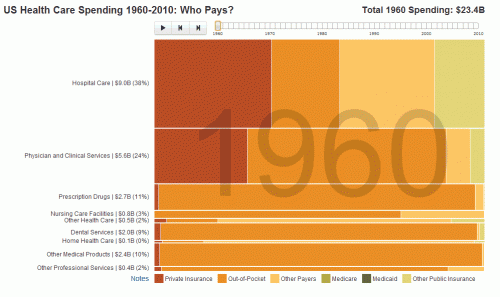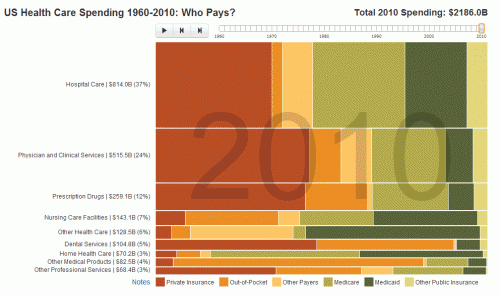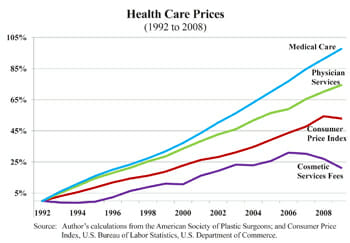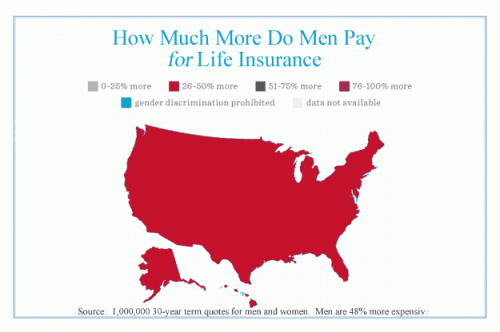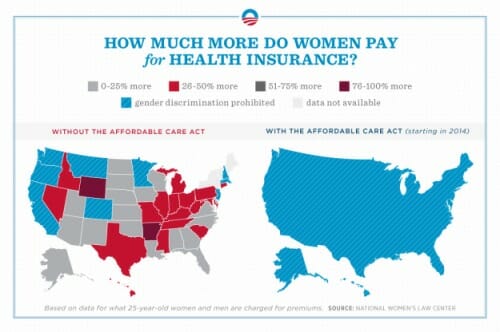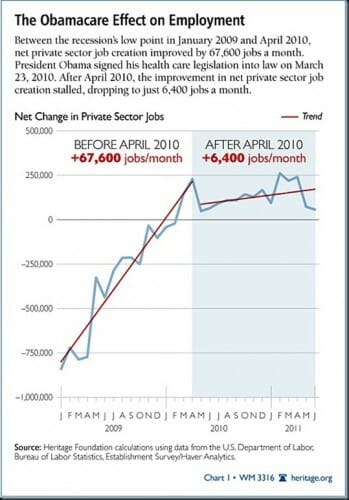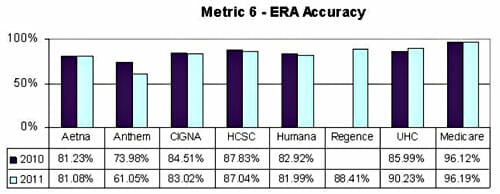The Medicare Problem -- A Reminder
As I have written before, the problem with Social Security is not a mismatch of taxes and benefits - it's simply that 40 years of Congresses have spent the premiums, and now they no longer exist to pay benefits.
The problem with Medicare is actually more difficult. By these numbers, Medicare taxes are not even a third of what they need to be to pay for actual benefits. There are only two solutions that don't involve running up Federal debt: 1) Triple Medicare taxes. or 2) Cut back benefits and/or eligibility by 2/3.
Interestingly, neither party is suggesting either of these solutions, which makes all the light and noise from the Conventions totally meaningless on this issue. The Left's notion that cost control will close the gap is sheer fantasy -- already Medicare is getting an effective cross-subsidy from non-Medicare customers and price controls have gone about as far as they can. In fact, the cost mismatch above is understated as many Medicare costs (e.g. buildings, revenue collection) are actually not charged to the program but to other agencies. The Right's pitch that small cuts around the edges that Grandma won't notice at all will balance the budget are equally a fantasy.
Believe it or not, I have come around to the solution that we need to raise the Medicare tax. I would like to privatize the whole thing, and in particular see a reintroduction of individual shopping and out-of-pocket expenditure to the system. But in the interim we have to acknowledge that there is no way substantial changes to Medicare benefits or delivery is going to happen. The program remains incredibly popular, though one reason for this is that it is priced wrong. I am sure Aston-Martin sports cars would be staggeringly popular if sold for a third of their true cost. In my mind, there is nothing more dangerous to an economy than an artificially incorrect price, and Medicare prices are WAY off. We need to raise taxes to match the current benefits package, and THEN let's talk about reforming the program.

